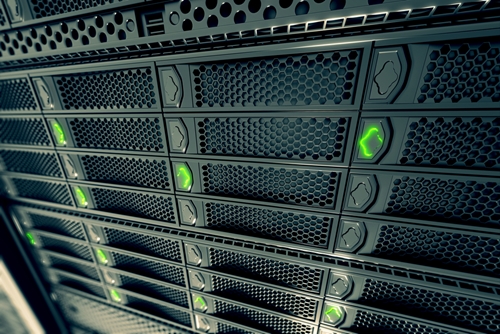
Data centers provide essential business services and store vast amounts of information. Their primary focus is to ensure continuity of service and that data remains safe, secure and useable as long as it is housed on their storage devices. In order to do this, it is crucial for data center managers to remain keenly aware of the most common threats to data continuity.
Recently, Information Age published a list of some of the most pervasive threats, with information gathered from business leaders.
More than three-quarters of those surveyed said that they feared unexpected IT outages, while a similar amount worried about data breaches or cyber attacks. Fires were also high on the list of possible threats, as were terrorist attacks. In addition, some business leaders worried about new government regulation and its impact on data centers.
"At a time when changing climatic, social, political and economic situations are forcing organizations to be nimble in adapting to novel threats, it is essential to learn from others experience and best practice," said Howard Kerr, CEO at Business Continuity Institute. "Developing the resilience of networks, services and business critical information must be an integral part of an organization's wider business resilience strategy. By putting in place a framework based on risk standards, you will be able to identify, prioritize and manage the range of threats to your business more effectively and keep your stakeholders reassured."
Not every potential disaster can be prevented through data center design considerations. But many can, especially natural disasters and the effects of climate. It is crucial that these facility related factors be taken into account when securing mission critical facilities.

